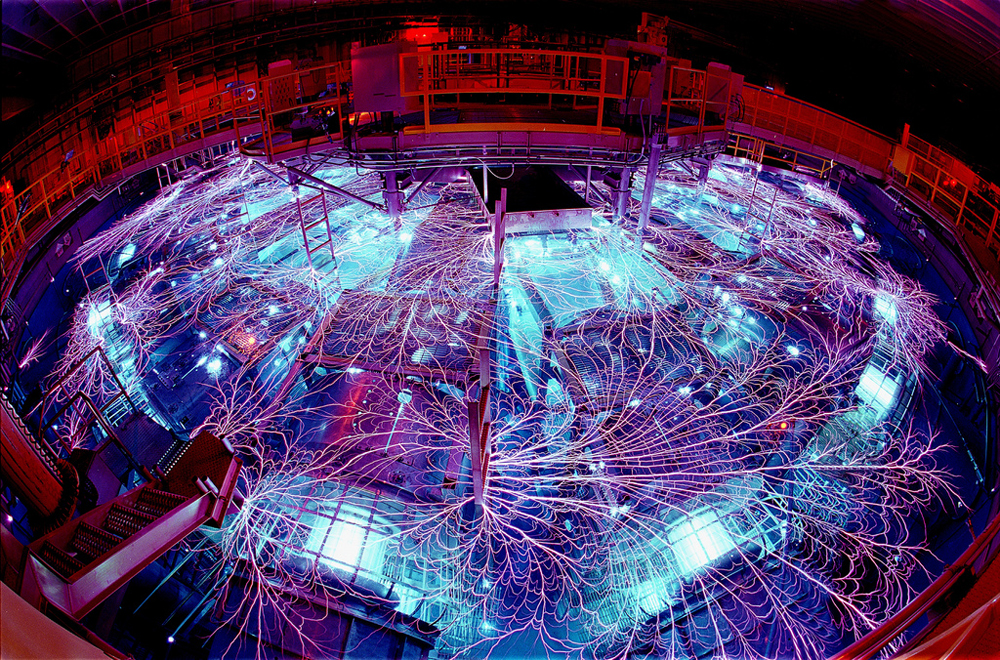
As part of its science and national security missions, the DOE NNSA supports a broad spectrum of basic and applied research in science and engineering at the agency's national laboratories, at universities and in industry. Because of its continuing needs, NNSA has a special interest in encouraging development of the next generation of leaders in stewardship science.
The DOE NNSA SSGF program's primary objective is to encourage the training of scientists by providing financial support to talented students who study and research designated areas of stewardship science accompanied by practical work experience at DOE NNSA research facilities.
Read below for a detailed description of the fields supported by the DOE NNSA SSGF. You may also view a list of current fellows involved in each area of research.
Learn more about the DOE NNSA's mission specific to stewardship science by visiting their Office of Defense Programs website.
The fellowship supports graduate students planning to study high energy density physics and fluid dynamics, with particular emphasis on experimental investigations using lasers and/or pulsed-power technology. These areas include research in hydrodynamics, plasma physics, properties of materials under high energy density conditions, inertial fusion, atomic physics, radiation generation, the interaction of radiation with matter and the physics of turbulence and fluid interfaces. Additional supported research areas include the understanding of astrophysical phenomena and the development of novel diagnostic and measurement techniques to study phenomena under high energy density conditions.
The DOE NNSA SSGF supports investigations leading to more accurate nuclear science knowledge with an emphasis on low energies and radiochemistry. Some examples include development of advanced simulations and measurement techniques leading to reduced uncertainties in nuclear cross sections, improved radiation- and particle-detection methods, a more complete understanding of fission physics, advanced diagnostic techniques relevant to high-energy proton radiography and X-ray radiography, and the development of experimental diagnostic techniques for laser or pulsed-power implosion systems.
The fellowship supports the study of the behavior of materials under conditions of extreme pressure, temperature, deformation or strain rate. Investigations could involve static or dynamic loading conditions in condensed matter regimes where material properties dominate. Broad areas of interest include the thermodynamic and mechanical constitutive properties of materials; experimental techniques for probing material behavior; advanced materials design, development, and methods for manufacturing or processing; and novel diagnostics.
